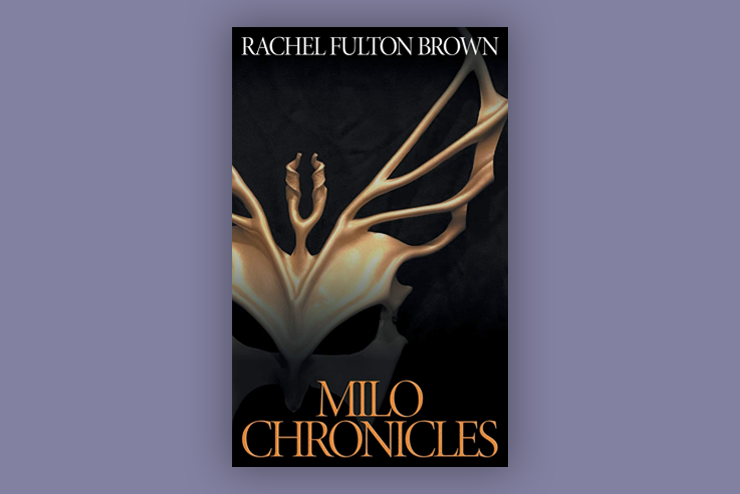This extraordinary tome proposes a cure for our cultural illness: the resurgence of the muscular Christianity that once permeated higher education. The success of Fulton Brown’s project is far from assured, but in this essay collection she embraces the task with zealous ecstasy.
The book is ostensibly the story of the author’s unlikely relationship with Milo Yiannopoulos, the colorful former Breitbart journalist, who was once outlandishly gay, and who remains a professional provocateur. Among the many other delights of this book is a sustained repudiation of claims that Milo is racist, sexist, misogynistic, homophobic, a white nationalist, anti-Semitic, etc. Fulton Brown shows how Milo’s campus critics were terrified by his message: “The issues that Milo talks about are usually considered political, but in fact have to do with people’s deepest convictions: the proper relations between men and women, the definition of community, the role of beauty, access to truth.”
Her key insight is that behind Milo’s outrageous persona is a deep Christian faith. Almost no one took Milo seriously, but Fulton Brown did, sensing a kindred spirit. Both threaten to replace the academy’s predominant obsession with victimhood, multiculturalism, race, class, gender, socialism, and Marxism with a deeply Christian spirituality. It would be one of the greatest of uphill climbs to do so, but one of Fulton Brown’s strengths, as a tenured University of Chicago medievalist, is that of reminding us that in their medieval origins, our great universities were religious.
The essays amount to something like a manual for isolated conservative academics. From Fulton Brown’s observation of Milo, we learn how to deal with hecklers and cancelers, and how to ridicule the virtue signalers and the pernicious purveyors of intersectionality and identity politics.
More to the point, Fulton Brown manages to communicate, as perhaps only a medievalist with a surprisingly common touch could, that the good life cannot be lived without the kind of spiritual satisfaction and devotion to the common good that she finds prevailed in the Medieval period, and which lasted through the founding of the universities. This book, though aimed at a wide audience, might also be seen as her attempt to communicate that insight to her colleagues, who have unwisely scorned her and Milo.

Leave a Reply